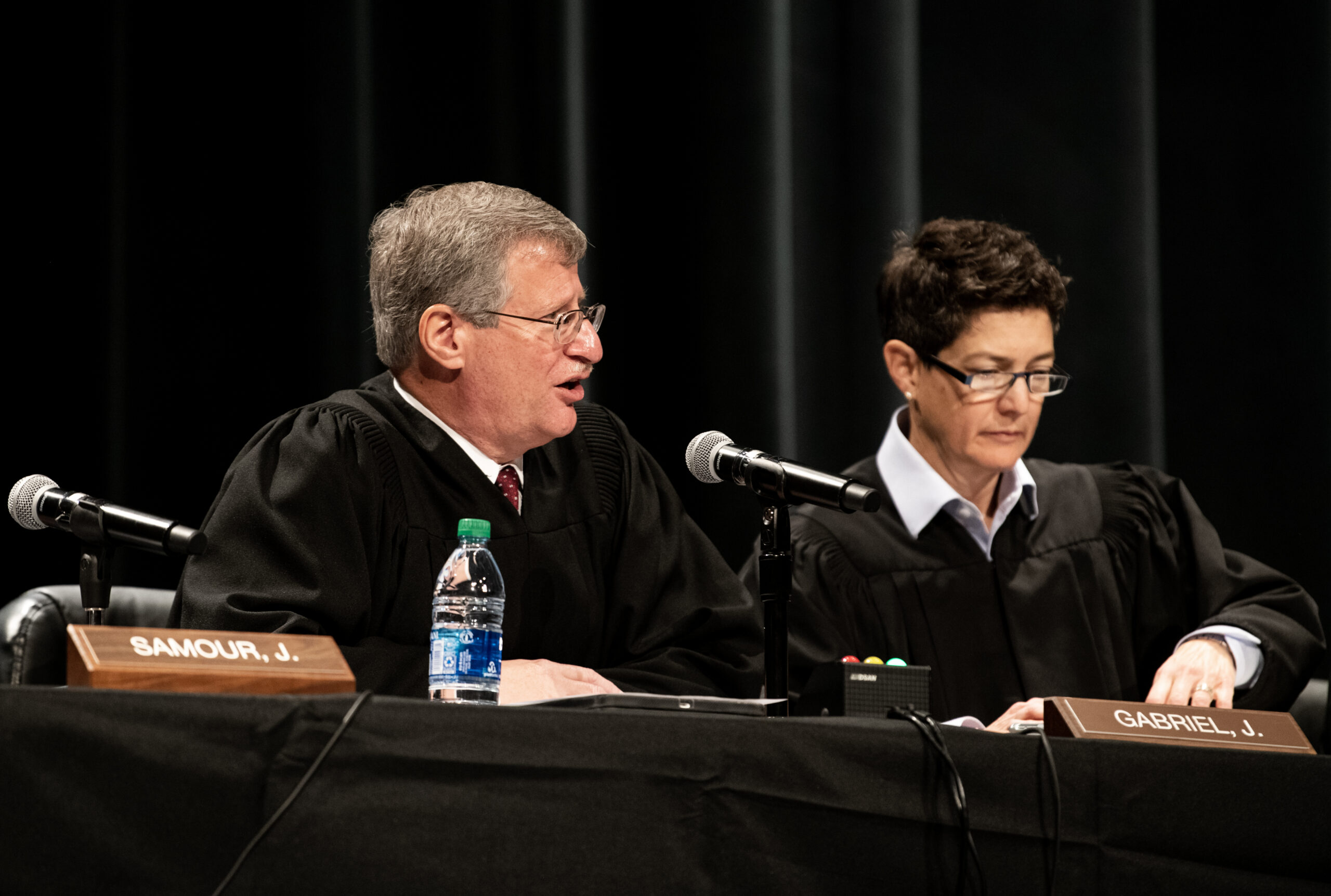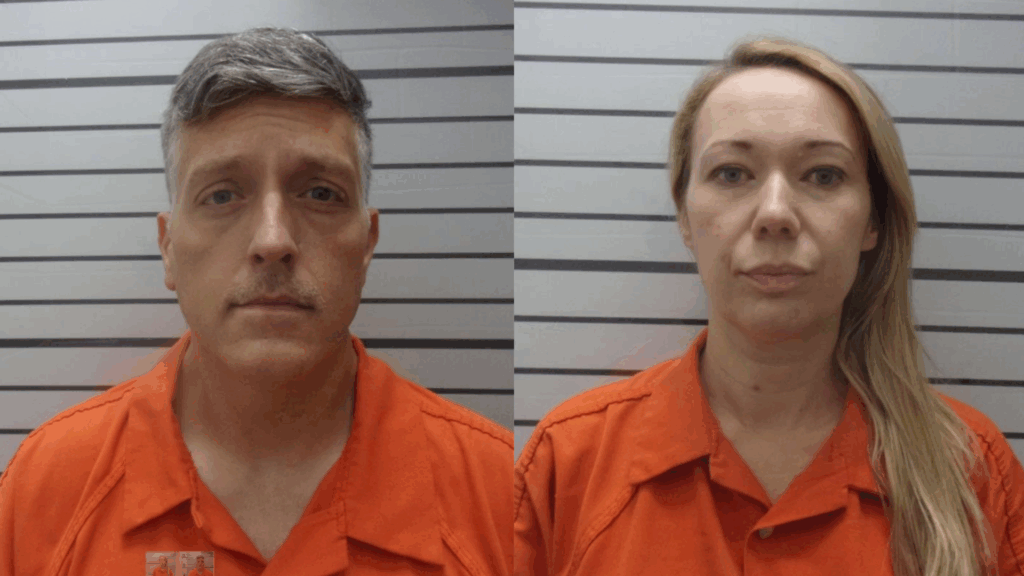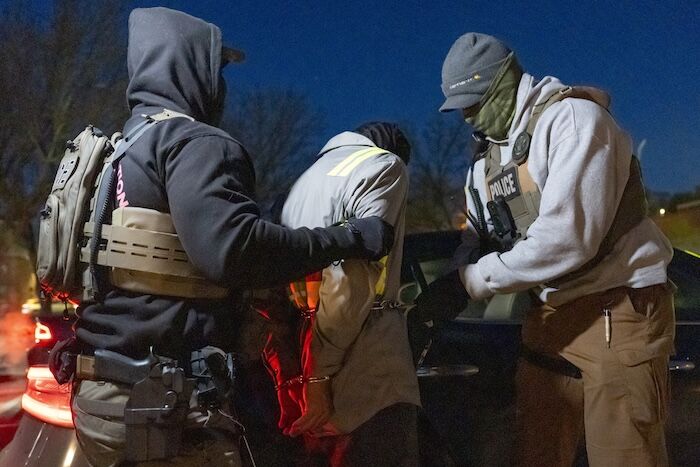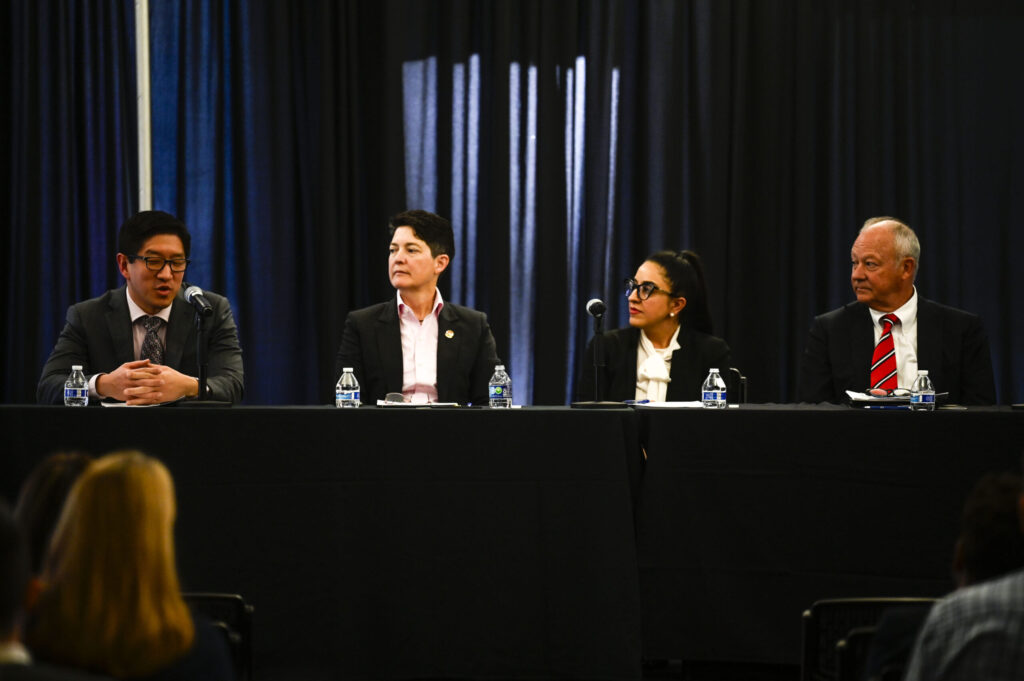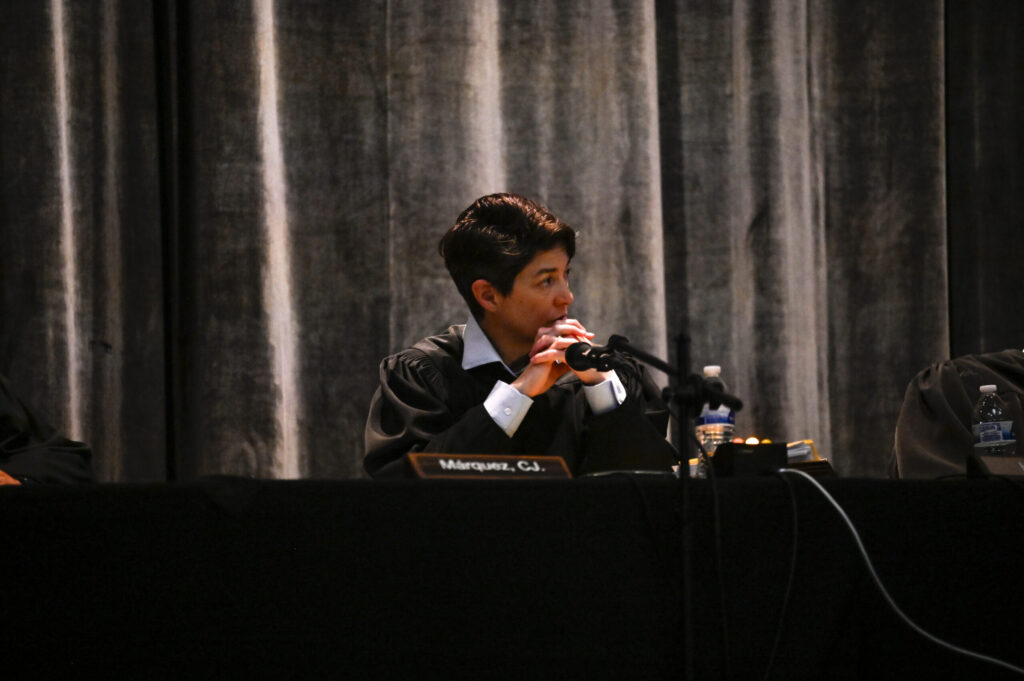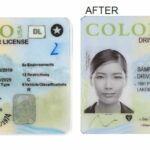State Supreme Court weighs whether new trial necessary for school that deceived, harmed students
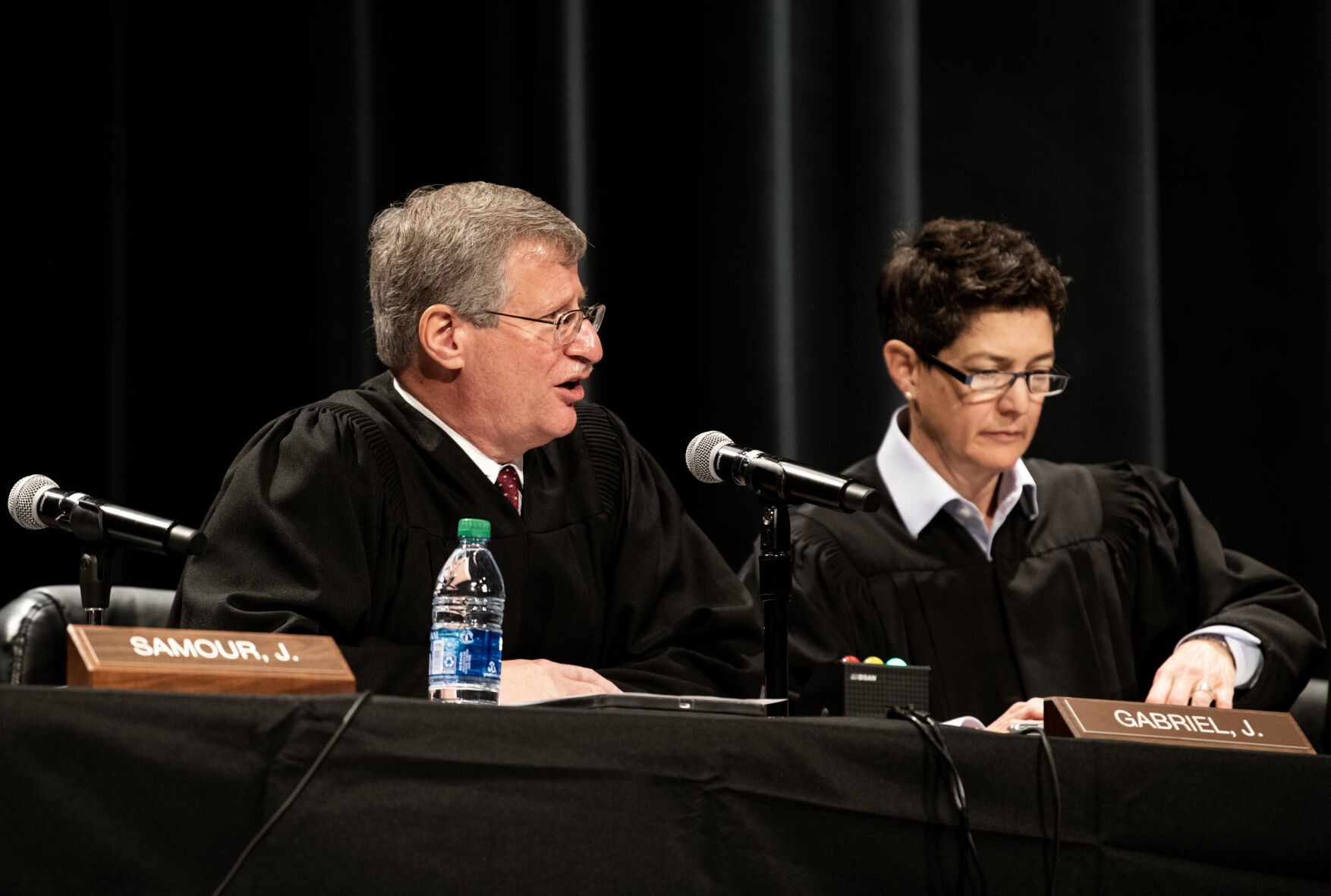
After a four-week trial in 2017, a Denver judge issued a 160-page order detailing the numerous ways a now-shuttered technical school violated Colorado’s consumer protection laws by deceiving students into thinking they would make substantially more money or find jobs in their field – when the opposite was often true.
But in 2021, the state’s Court of Appeals wiped away the $3 million penalty against CollegeAmerica after concluding a legal error by the judge required a new trial entirely. Now, the Supreme Court is considering whether the massive trove of evidence in the case might eliminate the need for a total redo.
On Tuesday, the justices held oral arguments in the case. No one disputed that former District Court Judge Ross B.H. Buchanan made a mistake when he failed to analyze whether the government had proven CollegeAmerica’s deception had a significant public impact. However, the Colorado Attorney General’s Office argued no further evidence was necessary to decide whether a significant impact existed, something even CollegeAmerica appeared to agree with prior to the appeal.
“Your position is that given those findings, fairly extensive factual findings, that it’s essentially a foregone conclusion that there was significant public impact here,” said Justice Carlos A. Samour Jr.
However, even if the court agrees with the government that the impact of CollegeAmerica’s duplicitous behavior could be discerned by looking at the existing evidence, there is another hurdle facing the attorney general’s office: A possibility the justices will find that a jury, not a judge, should have decided whether CollegeAmerica was liable to begin with.
In 2014, Colorado sued CollegeAmerica, two of its executives and the related nonprofit Center for Higher Education, Inc., alleging they violated the Colorado Consumer Protection Act through deceptive advertising about their offerings and outcomes. The state also claimed CollegeAmerica offered “unconscionable” loans to students who, for the most part, were never able to pay them back.
At a four-week trial before Buchanan, the judge heard about the massive disconnect between the rosy portrayal of CollegeAmerica from its advertising and its admissions officers versus the actual experiences of students. Even though CollegeAmerica boasted about students making “more money sooner” and earning “up to $1 million more” with a degree, they obscured actual data showing graduates were hardly better off for attending CollegeAmerica.
Admissions officers enrolled students who they believed would “really struggle in school,” including a man with a learning disability who ended up getting his blood drawn for extra credit and returned to his restaurant job after working on his bachelor’s degree. CollegeAmerica classified a graduate of its business management program as employed in her field of study, even though she worked as a cashier at Panda Express. The school also lured students into its radiology program, then disclosed the courses would not even enable students to sit for a certification exam.
Further, CollegeAmerica dramatically overstated its successful outcomes to its accreditor, when upwards of two-thirds of its students actually did not graduate and roughly one quarter were unemployed. Half of graduates surveyed reported being worse off financially for attending CollegeAmerica, and some even declared bankruptcy.
“The Court finds and concludes that Defendants engaged in a deceptive trade practice by knowingly making false and misleading representations about the potential wages and types of employment that a consumer can expect to obtain after completing a CollegeAmerica degree program,” wrote Buchanan in a lengthy order issued in August 2020.
He also found CollegeAmerica made unconscionable loans to some of its students. Buchanan imposed the maximum penalty under the consumer protection law, $3 million, and ordered CollegeAmerica to change its illegal practices. The judge declined to award more than $200 million in restitution, equivalent to the tuition paid across all Colorado campuses.
Then in August 2021, a three-judge panel for the Court of Appeals ordered a new trial. Although Buchanan believed the attorney general’s office did not need to prove CollegeAmerica’s deception had a significant public impact, the panel found the law did require such proof at the time.
Under that mistaken ruling, “the parties lacked the incentive to present evidence, rebut evidence, and develop a record on this issue,” wrote then-Chief Judge Steve Bernard, directing a new trial for all of the consumer protection claims.
All parties then appealed to the Supreme Court. The government criticized the Court of Appeals for assuming CollegeAmerica lacked the “incentive” to show its actions did not have a significant public impact. The attorney general’s office cited CollegeAmerica’s own argument to Buchanan following the trial, in which it explained that the parties’ previous submissions “included findings and conclusions on the significant public impact issue” and “no supplementation is needed.”
“This is actually fairly straightforward because CollegeAmerica itself said to the district court after trial, ‘We have presented all of our evidence. Please rule on the record’,” attorney Abigail M. Hinchcliff told the Supreme Court.
Her argument found some sympathy with the court, as Justice Melissa Hart observed that it was the government’s responsibility to prove significant public impact, not necessarily the defendants’ obligation to refute it. But other members of the court were skeptical.
“You keep saying this is a simple case. This is not a simple case,” said Justice Richard L. Gabriel. Given that Buchanan appeared to take significant public impact off the table, “it seems to me the first question is whether CollegeAmerica was given a full and fair opportunity to litigate this issue.”
The defendants, meanwhile, argued Buchanan erred by not holding a jury trial on the government’s allegations. Legal claims, which implicate monetary damages, are typically for juries. Equitable claims, which involve the court’s coercive power to make a defendant do something, are tried before judges. The parties disputed whether the “thrust” of the government’s case was equitable, as Buchanan’s order contained both directives and monetary penalties.
“This case was always about the money,” said attorney Sean Connelly for the defendants. He also noted the unusual action the Court of Appeals had taken, prior to Buchanan’s retirement, of reassigning the case to a new judge because Buchanan had taken two years and nine months to issue his ruling, for which the state’s judicial discipline commission privately reprimanded him.
“Obviously this was an incredibly unfortunate circumstance,” Hart acknowledged. “However, that doesn’t necessarily answer the legal questions we have to deal with here and whether a whole new trial is necessary.”
Justice Maria E. Berkenkotter is not participating in the case. Justice William W. Hood III did not attend oral arguments, but is still involved in the decision.
The case is Colorado v. Center for Excellence in Higher Education, Inc. et al.
